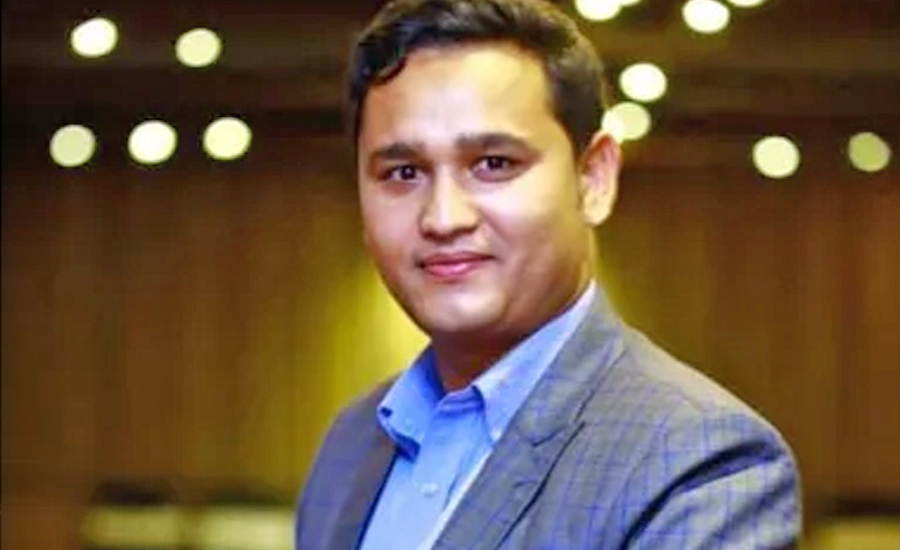KATHMANDU: The Kathmandu District Court (KDC) has sent Prithvi Bahadur Shah, who is accused of being involved in suspicious financial transactions amounting to over Rs 400 million, to judicial custody.
The Central Investigation Bureau (CIB) of Nepal Police had arrested Shah on January 6 along with his six associates for their alleged involvement in multiple fraud cases.
The accused had been found stealing over US $ 4 million in a large-scale fraud scheme targeting the US citizens and private enterprises, reads a press statement released by the US Embassy in Nepal on March 1.
The accused were found stealing money from the US citizens by transferring the amount to their bank accounts in Nepal. Citing the scam, the CIB had charged the accused under the laws related to criminal offense, fraud and organized crime.
Along with Shah, the KDC also sent to prison Bijay Bikram Shah of Achham Bannigarhi-6, Chakra Bahadur Khatri of Jajarkot, Anup Khadka of Dolakha Khopachangu-2, Rukmangat Kafle of Nawalparasi Bardghat-4 and Rang Bahadur Saud of Achham Darna-6 on the charge of suspicious transactions. Manika Tamang, another accused in the case, is to be released on a bail amount of Rs 50,000.
The then Finance Minister Janardan Sharma had been criticized largely for pressurizing Nepal Rastra Bank (NRB) to release money remitted from the USA, to be received by Shah from Nepali banks.
As the NRB froze Shah’s bank accounts for suspicious transactions, Minister Sharma gave a direct order to the central bank to release the account unconditionally.
The CIB through its investigation has unveiled that Shah and his associates had established more than 24 fake companies and defrauded people on the pretext of anti-virus update and clearance of Amazon bills.
His group was found defrauding people via email. The foreigners were asked to deposit money in Shah’s various accounts via SWIFT code, according to the CIB.
The gang closely monitored the cell phones of unsuspecting clients and sought remote access to their phones. They used to send people fake bank statements on their digital devices, showing deposits and later withdrawing the real savings from those people. The gang had targeted cancer patients and senior citizens.
Shah had collected Rs 400 million in such a way and invested the money to purchase land, house, shares, and gold.

